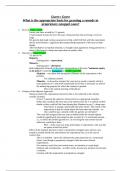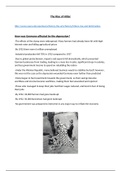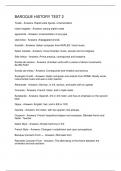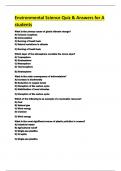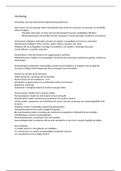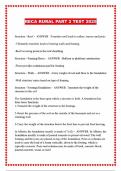Summary
Summary Land Law - Guest v Guest
- Module
- Land Law
- Institution
- Oxford University (OX)
Comprehensive summary/essay plan on the appropriate basis for granting a remedy in proprietary estoppel cases in Land Law, specifically following the SC judgment of Guest v Guest. This document outlines the judgment and advantages and critiques of both the majority and minority approach which can b...
[Show more]
